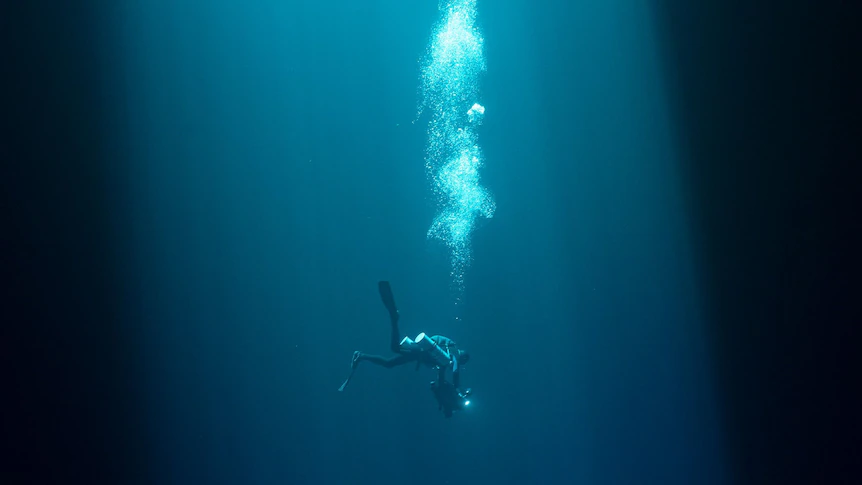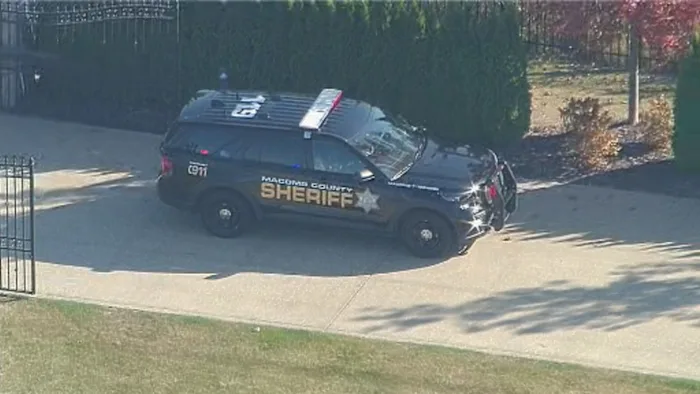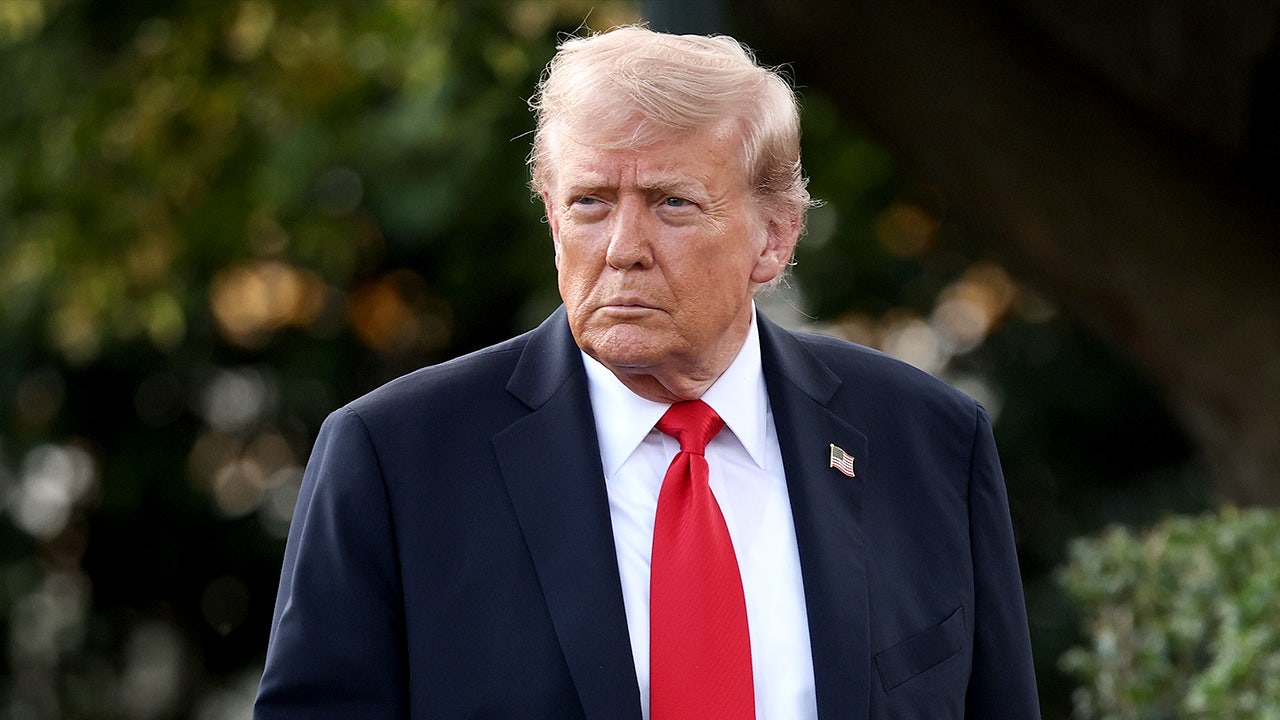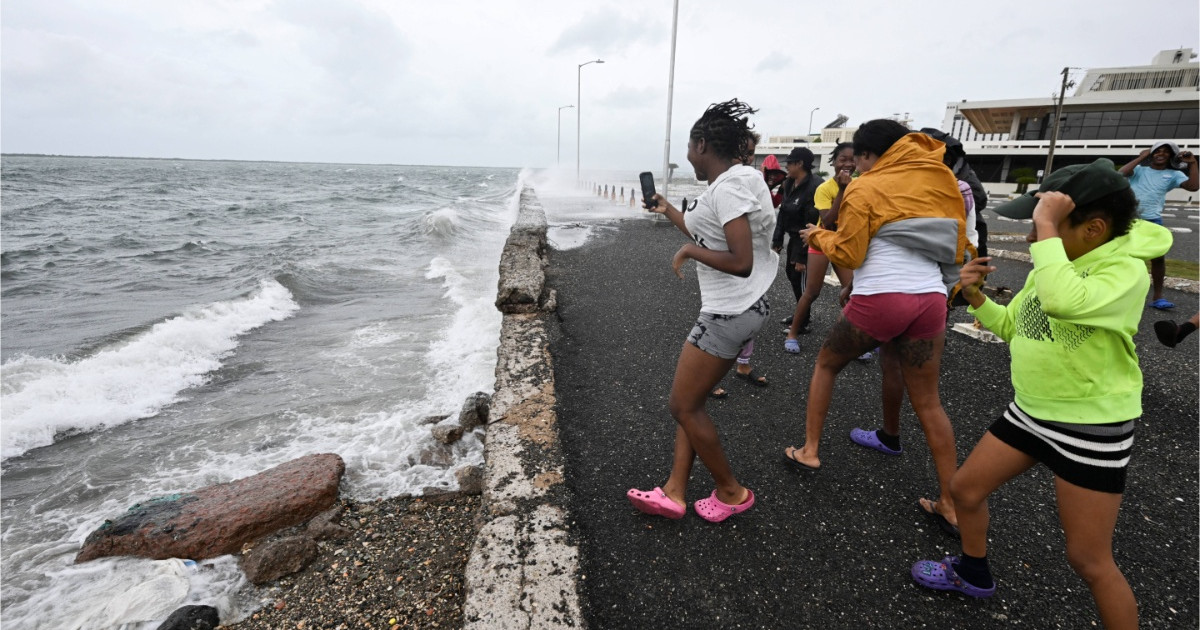Copyright abc

When retired anaesthetist Richard 'Harry' Harris used his medical training to help rescue 12 young football players and their coach from the monsoon-flooded Tham Luang Nang Non cave system in northern Thailand, he became a national hero even as he grieved the death of his father, James. Harry was named Australian of the Year in 2019, alongside his best friend and fellow rescuer Craig Challen. Documentaries about their bravery followed, as did Ron Howard's dramatic feature, Thirteen Lives, with Joel Edgerton playing Harry. Last year, Harry was sworn in as Lieutenant Governor of South Australia. But he didn't always feel this popular. "My life wasn't terrible at school, but I had this sense of not quite finding my tribe," Harry tells ABC Arts. "I was in this very tight little friendship group, and I remember, very clearly, that suddenly they just dropped me. "It was a very cruel and difficult moment for me at the age of 14 or so." Digging deeper Deeper, the emotionally absorbing new documentary from Sherpa, Mountain and River director Jennifer Peedom, digs deep into what made Harry the man he is. Following him and Challen on their groundbreaking attempt to push further than ever into Aotearoa/New Zealand's Pearse Resurgence cave system, it explores Harry's relationship with water. Forging new bonds with those who shared his passion, Harry says: "I spent more and more time in the bush, camping, fishing and diving, always carrying a camera with me." His vast wealth of photographic and video footage, amassed over decades, is a gold mine for a documentary filmmaker like Peedom. "An archive is incredibly valuable, because it gives you access to time," Peedom says. "This archival wealth Harry painstakingly collected, including black and white photographs he took as a boy, allows tenderness." When Harry first agreed to let Peedom shadow the Pearse Resurgence dive, where he pioneered the use of highly explosive hydrogen gas, he thought Deeper would be "a cracking good story about a bunch of mates on an exciting adventure". Peedom's keen eye for the story's true depth caught him off guard. Alongside stunning shots of the South Island's majestic wilderness and claustrophobic, anxiety-inducing dive footage, we also get a musing on mental health from a male perspective we still don't hear from often enough. The response to Deeper has reassured him. "I've had so many people come up to me at the end of screenings and say how much they love men talking about vulnerability, and I'm actually very proud of that," he says. Of course, Harry's adventures have also placed enormous psychological strain on his wife, Fiona, also interviewed in the film. "It's been the one bone of contention in our marriage," he says. "I've had to live with a feeling of guilt and selfishness, where I'm fully aware of what I'm doing to her, all that stress and worry, but I can't stop. This obsession is like an addiction." It's an obsession that can implode relationships. "A lot of my friends are divorced or separated because of this, and that's quite common in these sorts of communities," Harry says. "I've been lucky that my marriage has survived it, not because of me, but because of how extraordinary Fiona is. She tells me when I've pushed too far, and I have always respected that." Setting boundaries Shooting Deeper felt very raw for Peedom. Her 2008 film Solo, co-directed with David Michôd (Animal Kingdom), used found footage after the tragic presumed death of Australian adventurer Andrew McAuley while attempting to kayak across the Tasman Sea. "That that still haunts me to this day," Peedom says. Fiona reminded Peedom of McAuley's wife. "Vicky could see, very clearly, that Andrew came alive when he did these things," Peedom says. Peedom saw that in Harry, but it didn't lessen her anxiety, waiting at the mouth of Pearse Resurgence in the majestic wilderness, hoping he would resurface. "The risk of something going wrong was more than I could fathom," she says. Was there any consideration of joining Harry on the dive? "Zero chance," Peedom says. "I'd done enough in the high-altitude world to know that stuff takes years of training. Not being present for the entire shoot was challenging for the documentarian, as were the constraints on what Harry could capture while diving. "How do you make something look and feel cinematic underground?" Peedom asks. But she was inexorably drawn to exploring the inverse world of her mountainous films, and to Harry's truth. "The title alludes to that idea. Was he prepared to go deeper emotionally? To really look at those fundamental, primary psychological drivers? Because that's fascinating." Building resilience Harry uses his risk-management skills in public speaking. "There's no question that the cave rescue was, in part, successful because of my previous life experience," he says. It's why he encourages boldness in others. "I tell people to do things that are uncomfortable, that test you, as often as you can," he says. The more robust you are, the better prepared for these incidents, Harry says. "That's the message I'm shouting from the rooftops." Deeper screens in Australian cinemas from October 30.



